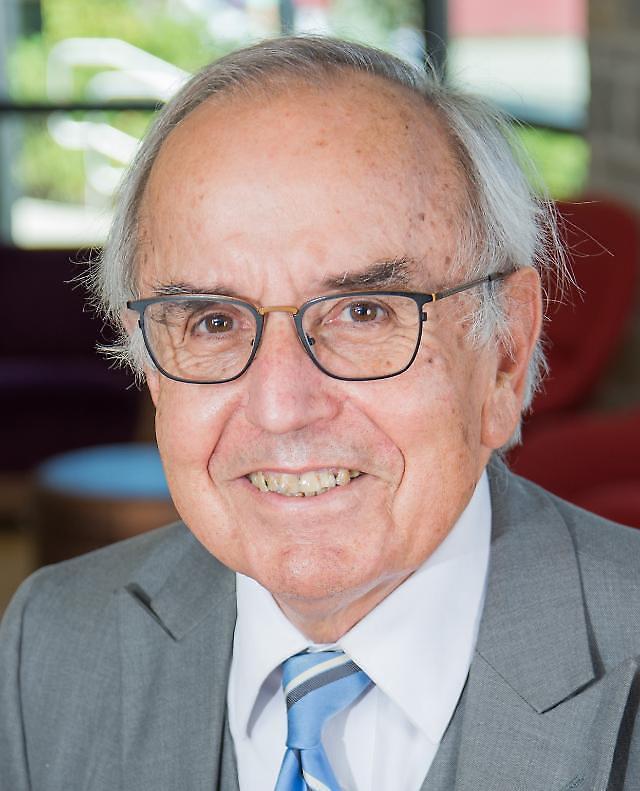
KENOSHA -- This is how Russia Editor Steve Rosenberg of the influential – and reliable – BBC (British Broadcasting Corporation) summed up Russia President Vladimir Putin’s latest year-end press conference, held in mid-December.
Putin has been doing his summing-up press conference almost every year for over two decades, starting in 2001. There was no conference last year, reflecting taking cover following the almost universal international condemnation of the invasion of Ukraine, and the shockingly poor performance of Russia’s army.
Russia’s president turned in his usual impressive performance, holding forth for four hours. He demonstrated a remarkably wide range of specific knowledge, never lost control or apparent confidence.
This conference combined a televised call-in session open to average Russians with questions from reporters in the hall. Callers were deferential and polite, but complaints were present. Putin apologized to one woman alarmed by rapidly rising food prices, and promised to do better.
Always keep in mind this is a tightly controlled environment and carefully choreographed public event. Nonetheless, this is certainly preferable to the strident propaganda, grotesque show trials, mass persecution and mass murder of the Soviet Union under Joseph Stalin, from the 1920s into the 1950s.
Putin demonstrated chutzpah on various fronts, including regarding the economy. Gross product has grown by 3.5 per cent this year. Averting total economic collapse at the turn of the century remains a primary accomplishment.
Russia remains highly dependent on petroleum and other energy sources. Such dependence guarantees long-term structural weakness. However, Moscow also clearly has been able to circumvent international sanctions on these and other exports.
Ability to maintain basic economic stability, except for vexing inflation, implies a highly robust and active international black market. Another factor, vitally important, is the historically-rooted willingness of the Russian people to endure great hardship while continuing to support established authority.
Discussing the details of an economy separate from the state means acceptance of capitalism, though Putin of course would never so state. The previous state-controlled command economy has been abandoned.
In 1998, the International Monetary Fund scrutinized in detail Russia’s strenuous efforts to develop a central bank structure and financial instruments appropriate to a market economy. That analysis concluded that the nation’s competent professionals were doing a remarkable job of making that transition.
Putin took power shortly thereafter. His undeniable abilities include success in rapidly harnessing the new structure to arrest and then reverse an economy that was literally in a process of collapse. The undeniable brutality and corruption, in other words gangster dimensions, that are part of this economy overshadow this tremendous progress.
Russia’s intense border anxieties reflect devastating invasions through history. We should seek workable confirmation of border security while continuing to support Ukraine. Bilateral negotiations, which Putin now emphasizes, should be pursued, while involving European and other nations.
Realism should guide policy, emphasizing the essential role of nation-states, and focus on national interests. A source of basic U.S. strength is our market economy, increasingly the way of the world.
Putin addressed possible release of “Wall Street Journal” reporter Evan Gershkovich and Paul Whelan, a former U.S. Marine security expert. U.S. officials and others deny they are spies.
Putin indicated a desire to negotiate their release. We must publicize while pursuing release of these men, plus American teacher Marc Fogel and others.
Emulate our fine military: leave no one behind.
Copyright ⓒ Aju Press All rights reserved.


![[OPINION] Christmas 1944: Hell on Earth](https://image.ajunews.com/content/image/2023/12/21/20231221171713849495_278_163.jpg)